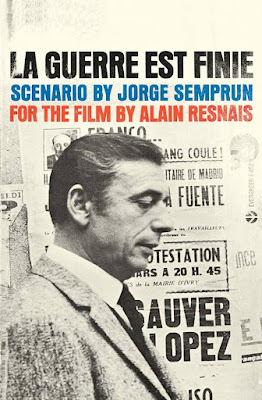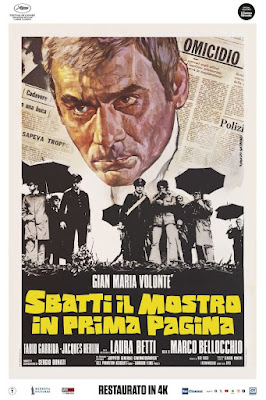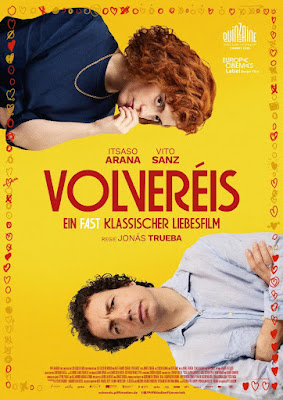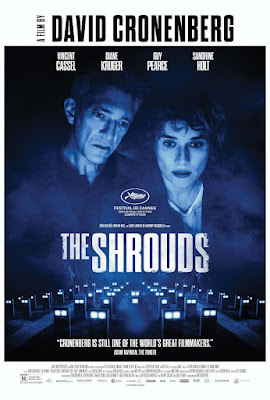L'Assassino, Elio Petri’s solid if underrated debut, combined three aspects of his filmmaking that’d manifest more markedly in his later, better-known films. It introduced his love for genre cinema, B-movies and gonzo aesthetics; it underscored his disdain for unchecked consumerism and moral rot in contemporary Italian society (a theme in multiple landmark Italian films of the 1960s); and it provided teasing glimpses into how his left-wing politics was inseparable from his craft (he formerly wrote Marxist film criticisms for L'Unità). Then matinee idol Marcello Mastroianni, who Petri scored for the lead role (they’d collaborate thrice more), retained a soft corner for this film, even though he starred in some of the most seminal Italian films of that period. He was excellent as Alfredo, an antiques dealer of dubious standing, a lothario, a bon vivant and a scoundrel, who’s arrested from his posh apartment in Rome on suspicions of murdering his older ex-mistress Adalgisa (Micheline Presle), a wealthy socialite who was also his business sponsor and partner until recently. He owed her money, was one of the last persons to see her alive and had just switched to a younger girlfriend who’s a moneyed heiress, and therefore the suspicion. Additionally, the Commissario (Salvo Randone) – who’s heading the case and hopes to wear him down with interminable waiting and interrogations – hates his “type”. Scripted by the great Tonino Guerra, the film alternated the “present” – which occurs over 1 ½ days – with frequent flashbacks into Alfredo’s chequered past, thus making this as much an investigation into the protagonist as one into the case at hand. The sparkling B/W cinematography and smooth jazz score added to the fatalist atmosphere of this “anti-realist thriller”.
Director: Elio Petri
Genre: Crime Thriller/Mystery
Language: Italian
Country: Italy






































